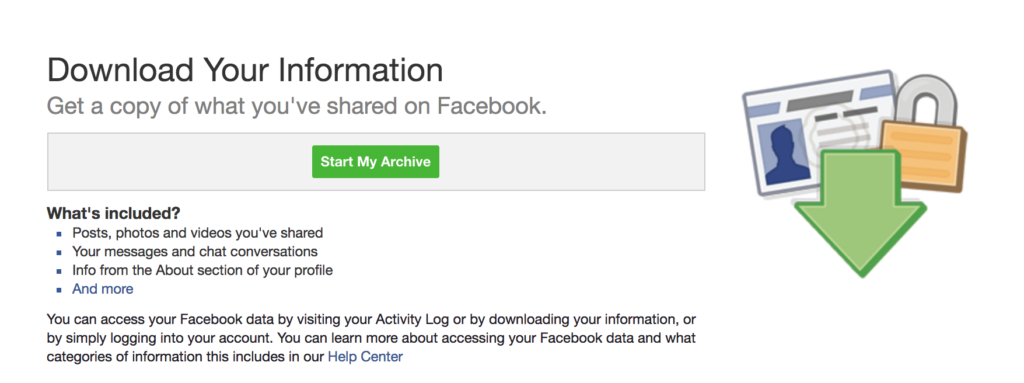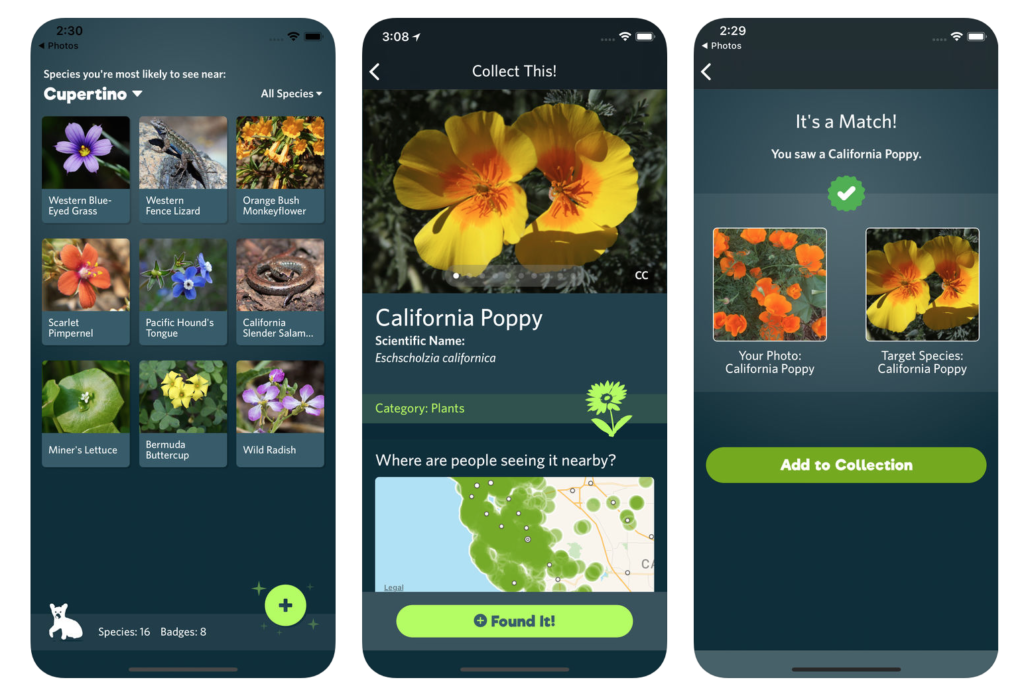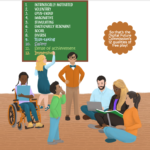
“We should have thought a lot harder about it…”
—Mark Zuckerberg, Facebook CEO, Senate hearing on data privacy
I created my first Facebook account in Summer 2007. Today, I think most of us can say along with Mark, “We should have thought a lot harder about it.” With all the recent reporting on data breaches on the platform, it’s clear we all need to think a lot harder, especially in our role as parents. And we need to think aloud, with our kids.
If you’ve been reading my Mindful Digital Life Friday posts for a while, you know I encourage the practice of weekly family technology conversations. I call this practice Co-Creative Conversation with an emphasis on Co-Creative, and by that I mean: include your kids in choosing what you focus on and talk about together. It could be sharing the most amazing video you watched in the past week, or experimenting together with a new app like SEEK from iNaturalist which uses image recognition software to help you identify insects, birds, plants, amphibians in your area (and they have a decent privacy policy), or…you tell me.
If you are parenting a tween or teen, the recent Facebook revelations and hearings offer an excellent opportunity to do some hard thinking and data privacy explorations together. You might start by watching the short video together here in the April 11 New York Times article, “I Downloaded the Information That Facebook Has on Me. Yikes,” by Brian X. Chen. If you’re a Facebook user, follow the instructions to download your data, and explore the results with your kids. If your kids are 13 or older and have their own Facebook accounts, do it all together (you might need to do it one at a time if you’re sharing one family computer).
Curious to discover what was in my data file, I opened my Facebook General Account Settings, and clicked the link Download a copy of your Facebook data.

Facebook delivers the file as a zip which contains dozens of separate files. Just like NYT writer Brian X. Chen, I found the index.html file an eye-opener as in “Yikes.” I don’t click on ads (in my 11 year history, FB shows that I have only clicked on 4 ads, and those were all in the last 3 months when I’ve been digging into how FB advertising works), yet 160 advertisers have my contact info. Much to his surprise, Brian—who said he rarely clicks on ads—found 500 advertisers had his contact info.
After you’ve watched the video, and while you’re waiting for your data to download, talk about the benefits and downsides of Facebook features such as location tracking, friend recommendations, advertising. Consider the tradeoffs you’re currently making. When your data is ready, download it to a secure place (I put mine on an external drive), take a deep breath, and open the lid to Pandora’s box. Revisit the tradeoffs question after you’ve thoroughly explored the files. Discuss the privacy tradeoffs you’re willing to make now that you understand the issues better and share why or why not you’re willing to make those tradeoffs. Even if your kids don’t have their own Facebook accounts, share with them what you learn through this process. You’ll be modeling Think a lot harder.

Upcoming Event – Thursday May 3, 5:00 pm Pacific/8:00 pm Eastern
Please join me live for the first monthly Mindful Digital Life Q&A (free).
Bring your questions and challenges about how to live well with technology in the family. Are you getting a tween their first phone? Have concerns about your teenager and that new mobile game they’re playing every waking moment? Trying to figure out how to run a business which depends on being available on your phone AND model balance with your kids? Does your parenting partner have a completely different approach that’s presenting challenges? If you’re ready to discover some new strategies to help you navigate the 24/7 challenges of digital devices, this Q&A can help. Register for this free event here on Crowdcast. See you at 8 pm Eastern/5 pm Pacific! (If you can’t attend live, register to receive a link to the recorded event.)


